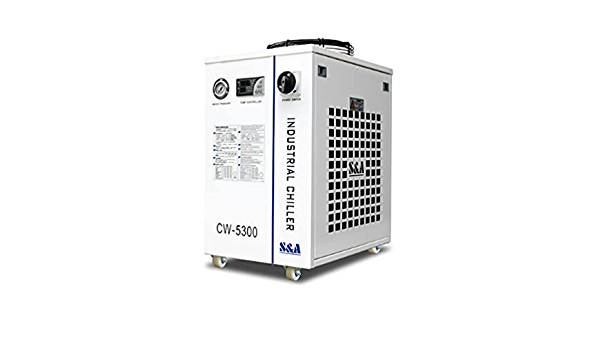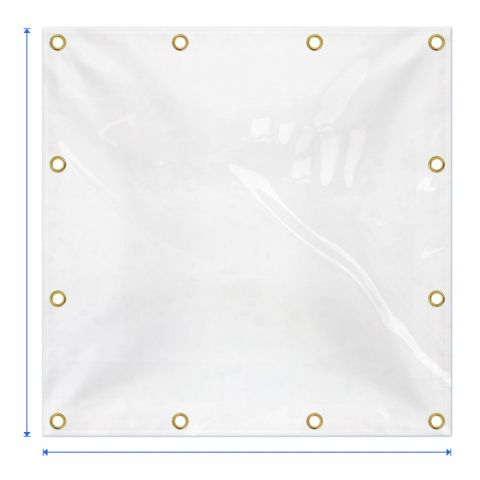How to Find Industrial Chiller Manufacturers
Industrial chillers are used to cool process fluids. Founded in 1931, process chillers are reliable and energy-efficient. Today, they are used in a wide range of industries. Here are five things you should consider before buying an industrial chiller. First, you should consider the process fluid. Determine its flow, pressure and temperature requirements. Next, think about the operating environment. Finally, determine the size of the chiller.
Process chillers were invented in 1931
Vortex tubes are an important cooling technology that was created by French physicist George J. Ranque. These chillers use a compressed air supply to spin water, separating it into hot and cold streams in different directions. They do not produce any heat, which makes them a simple and maintenance-free device. Here are some of their applications:
Industrial chillers are often installed in laboratories to lower or elevate temperatures. Typically, chillers use a refrigerant, such as Freon, to remove heat from one element and transfer it to another. They are relatively inexpensive and can operate to temperatures as low as -40°C. They are also inexpensive, and some are modestly heated to 40°C. In 1748, William Cullen demonstrated artificial refrigeration. In 1931, the Trane Company began producing enclosed chiller systems. These chillers used a refrigerant similar to today’s liquid chiller, leading to the development of industrial liquid chillers.
They are used in a variety of industries
Industrial chillers are water-cooled units that are used to cool items in a variety of industries. These chillers circulate water or other chilled fluids through devices that process it. Water chillers are used in plastic injection molding, metal casting, semiconductors, and laser and other applications. They are also used for food and beverage cooling. In addition, some industrial chillers are used to cool compressed air.
There are many specifications to consider when choosing an industrial chiller. These specifications include the total life-cycle cost, electrical class, pump capacity, pump evaporator material, and IP rating. A good rule of thumb when purchasing a chiller is to buy one with a COP over 12,000 (Btu/h), which is a measure of the energy consumed by the entire system. Higher values indicate better efficiency.
They are energy-efficient
Today, energy-efficient industrial chiller manufacturers produce highly-efficient units. These chillers are designed to meet federal efficiency requirements, and the manufacturers can be relied upon to produce equipment with the highest level of efficiency. These units typically offer a kilowatt-per-ton efficiency rating (EER) when compared to comparable products. According to the FEMP, an air-cooled chiller with an EER of 10.7 will save a facility an average of $27,100 over the lower-efficiency model. Moreover, a chiller with an EER of 10 points can save an average user up to $128,200 over the lifetime of the equipment.
Also Read: Business Communication Assignment Help
Efforts to make industrial chillers more energy-efficient include the use of variable-speed condenser fans. These fans automatically adjust their speeds to achieve the most energy-efficient operating point. They are monitored by all of the chiller’s sensors. They can also be designed to reduce condensing pressure by reducing the amount of energy required to compress refrigerant. A high-efficiency chiller will reduce energy costs by as much as 14%.
They are reliable
The cooling functions of industrial chillers are vital for many industries. The energy efficiency of these units will save on running costs and reduce noise from compressors. Furthermore, water chillers are not subjected to the risk of pollution as they do not use fossil fuels and are located near fresh water sources. They should be placed in the lower floors of high-rise buildings to conserve energy. If you are looking for a high-quality cooling unit, you should compare prices of different models.
Before choosing a particular brand of water chiller, make sure you have the right expectations. Whether you need a smaller chiller for your home or for your factory, you should choose a reliable manufacturer who has years of experience in the industry. This will give you peace of mind knowing that you will get a high-quality system. Then, select a water chiller manufacturer who has a strong reputation in the industry.
They reduce downtime
Preventative maintenance is essential to keep industrial chiller systems in good condition and minimize downtime. Many manufacturing plants live by the mantra, “Keep going until you fail” or “Don’t fix what isn’t broken.” However, this mentality often leads to plant downtime due to a lack of upkeep. Regular inspections and maintenance will help your cooling system function optimally, and prevent unexpected downtime and costly repairs. Several methods of data collection can help plant managers keep an eye on necessary maintenance. One way of getting alerts about when to service your chiller is to install a monitoring system.
Downtime costs your business money. A typical industrial plant experience between five and twenty percent downtime each year. While planned downtime is less expensive than unplanned outages, unplanned downtime can have significant implications for your company. An older plant may lack the sophisticated technology to ensure precise temperatures and humidity levels. Investing in preventive maintenance is crucial for reducing downtime, but it doesn’t end there. Instead, it’s important to have a back-up plan for the times when an outage occurs.
They are cost-effective
OEM (original equipment manufacturer) chillers are an option for industrial businesses looking for cost-effective cooling solutions. They can benefit from cost-effective manufacturing and precision design. OEM chillers also provide safety benefits and productivity boosts. Manufacturers can also custom-design chillers for their clients. OEM chillers are an excellent way to cut unnecessary costs. OEM chillers are cost-effective because they can provide a customized cooling solution, while maintaining the high level of precision and quality.
Modern industrial chillers have improved significantly in efficiency over the years. While some older models are still less efficient than the latest models, they are still more efficient than their predecessors. All our systems meet or exceed ASHRAE 90.1 energy efficiency standards, which are the benchmark for energy efficiency in most buildings and small residences. These standards have served as the foundation of building codes around the world for the past 35 years. They are regularly updated to reflect the latest technological advancements.




